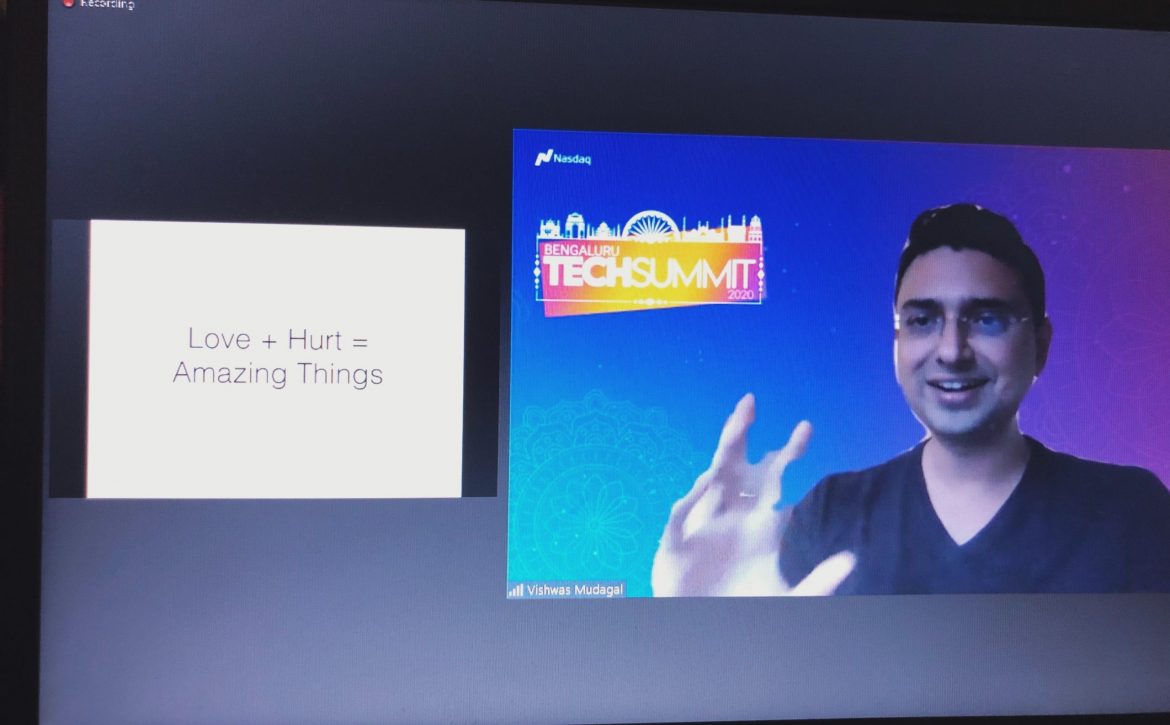What Role Does Diverse Leadership Plays In An Organization?
“A diverse mix of voices leads to better discussions, decisions, and outcomes for everyone.” – Sundar Pichai
For decades, discussion about Diversity, Inclusivity, and Equity (DIE) has been ongoing, but only a few organizations have championed it. Thanks to the pandemic, many companies are now re-evaluating their leadership teams on a different set of criteria. But what is Diverse Leadership? Diversity leadership involves recognizing the cultural differences and adapting strategies and processes that work for a wider variety of people. Diversification is one thing – distribution is another matter. To build an inclusive culture, companies should have a diverse leadership team. The categories for diversity, on a broader spectrum, are gender, race, age, religion, sexual orientation, economic background, and so forth.
How does Diverse Leadership play an important role in any organization and how to execute and build on it?
Read below to know more –
-
Enhanced Company Culture
A diverse leadership opens up avenues for better employee-employer relationships. Employees feel important and witness their representation, which in turn builds trust in the organization and the leadership. Employees are more likely to stay longer in the firm as they envisage their future there.
“Seeking out diverse candidates isn’t hard. Recruiting those candidates and placing them in an environment where different backgrounds, cultures, and experiences are appreciated is more difficult. If companies have done this correctly it should be reflected in the makeup of the management team. Once a company has this kind of environment, diverse candidates will come and stay.” – Donald Hatter, founder, Donald Hatter Inc.
-
Wide Range of Knowledge
It’s our experiences that teach us the most — the way we witness and engage with the world around us is unique for one another. So with a diverse background of employees, the world’s insights are boundless. The range of skill sets and the awareness of the team increases which in a way, help create better customer solutions, social impacts and global opportunities.
“We are building products that people with very diverse backgrounds use, and I think we all want our company makeup to reflect the makeup of the people who use our products.” — Sheryl Sandberg
-
Innovation at Best
A diverse leadership, as mentioned above, opens up platforms for open and enhanced communication. This leads to more dialogues, the incessant flow of ideas and discussions, and boosts innovations. It requires discipline, conscious listening without bias, and courage from the leadership to build a responsive and cohesive work environment to reap real benefits.
-
Company Portfolio
A company’s leadership team reflects itself. So a diverse leadership speaks for itself that the company is an all-inclusive and nurturing work environment. It also announces that the company is well-equipped to cater to any customer, as the solutions will come from a place of genuine knowledge and experience. It also enhances the company’s global engagement and impact, with well-balanced, nuanced conversations. And the most important point, the company is genuine, far away from the everyday brouhaha.
Conclusion
It’s not just about including individuals from the broad spectrum but also, developing a company mentality that willingly accepts different people and voice their opinions equally. Diverse leadership can provide training programs for the team members to help understand diversity, formal approaches, and tools to respond to each other’s differences.
As a leading company in India that provides high-end digital platform strategy and services to customers, it is our responsibility to have a diverse, knowledgeable team with an equally diverse leadership. To learn more, head over to our homepage at: https://www.goodworklabs.com/






